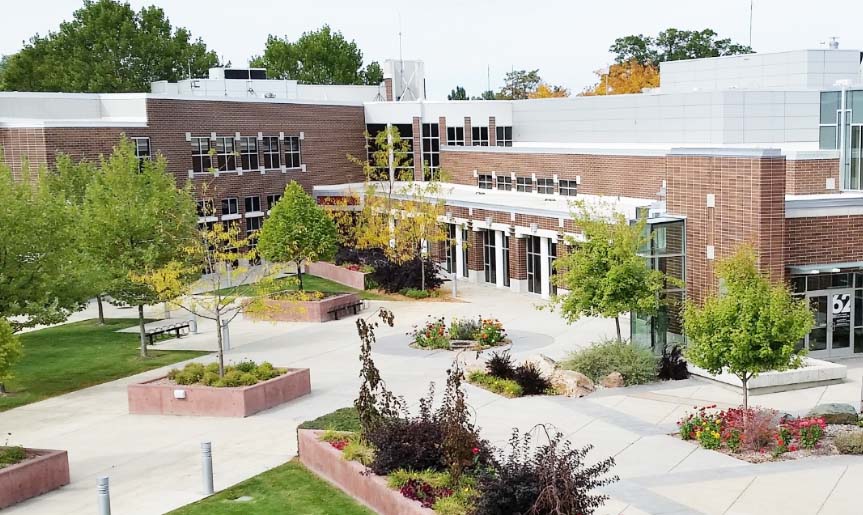The Logan Municipal Council will hold a public hearing to discuss Resolution 23-54, a tax certificate to facilitate the purchase of natural gas at a discount, at its next meeting on Tuesday, Jan. 2.
LOGAN – Logan City officials have scheduled a public hearing to discuss a perplexing — but routine — resolution to approve Logan’s continuing membership in the Utah Associated Municipal Power Systems (UAMPS) and its Payson Power Project.
The members of the Logan Municipal Council will review Resolution 23-54 at their next regular meet on Jan. 2, 2024. That resolution would authorize city officials to issue a tax certificate to facilitate the purchase of natural gas at a discount.
“I’ll try to explain this transaction in fairly simple terms,” said Mark Montgomery, the director of Logan Light and Power, at the municipal council’s last meeting of the year on Dec. 5.
Then things got murky.
In layman’s terms, Logan is a member of UAMPS, an association of cities within Utah which buy electrical power on the open market, including from the natural-gas fired Payson Power Project.
Located on the west side of Interstate 15 in Utah County, the Payson Power Project generates 140 megawatts of electrical power for 17 of the 45 cities in UAMPS, including Logan and Hyrum here in Cache County.
The Payson power plant uses highly efficient gas- and steam-technology to generate that power. Natural gas initially drives the power plants’ turbines, while steam from those turbines is recaptured and recycled to reduce air pollution. About half of the power plant’s output is generated by natural gas and the remainder by steam.
While stabilizing power prices for its member cities was the chief reason that UAMPS elected to build the Payson plant, wholesale natural gas prices still directly affect rates to individual customers and have the potential to become volatile, as they did after the 2001 Enron crisis and during the summer of 2022.
To protect itself against those kinds of price fluctuations, UAMPS now wants to join the Southeast Energy Authority (SEA), a large consortium back East that can purchase natural gas at about an 8 percent discount, according to Montgomery.
To join SEA, however, the members of UAMPS have to certify that the “… interest on the (bonds used to purchase the natural gas) will qualify for tax exemption under Section 103 of the Internal Revenue Code of 1986.”
That brings us back to Resolution 23-54, which certifies that Logan sells power only to its retail customers — that is, city residents – rather than on a wholesale market.
“That’s super complicated,” remarked council member Amy Z. Anderson after Montgomery completed his remarks.
“You might want to explain it more clearly at the public hearing.”
Laughing, Montgomery said that he would try.
“The important thing to remember,” Montgomery added, “is that all we’re agreeing to do is what we would do anyway – that is, sell power to our residents.
“All the complexity, all the liability and all the risk is assumed by UAMPS.”
“But we are UAMPS,” council members Jeannie Simmonds observed, a fact which Montgomery acknowledged.
The public hearing on Resolution 23-54 is slated to take place not earlier than 6:10 p.m. in the Municipal Council Chambers in Logan’s City Hall on Tuesday, Jan. 2.

